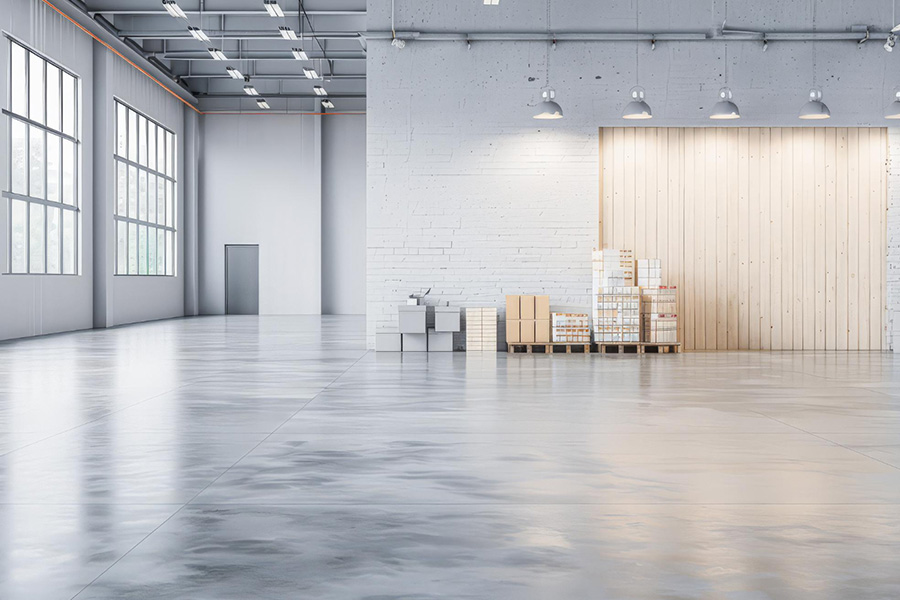Industrial facilities, such as warehouses, factories, and manufacturing plants, demand robust flooring that can withstand heavy traffic, machinery, and spills. However, keeping these floors clean is critical for safety, compliance, and operational efficiency. Below are practical tips to ensure your industrial flooring remains in top condition.
1. Understand Your Flooring Type
Different industrial flooring materials—concrete, epoxy, vinyl, or tile—require specific cleaning methods. For instance, concrete floors may tolerate aggressive scrubbing, while epoxy coatings need gentler, non-abrasive cleaners to avoid damage. Check manufacturer guidelines or consult with flooring experts to select appropriate cleaning solutions and tools.
2. Implement a Regular Cleaning Schedule
Consistency is key in industrial environments where dirt, grease, and debris accumulate quickly. Create a daily, weekly, and monthly cleaning schedule:
Daily:
Sweep or vacuum to remove loose debris and prevent scratches.
Weekly:
Mop with a neutral pH cleaner to tackle grease and grime.
Monthly:
Deep clean with industrial floor scrubbers or pressure washers, focusing on high-traffic areas.
3. Use the Right Equipment
Invest in professional-grade cleaning equipment suited for industrial spaces:
Floor Sweepers:
Ideal for large areas to quickly remove dust and debris.
Auto Scrubbers:
Efficient for deep cleaning and polishing, especially for sealed or coated floors.
Pressure Washers:
Best for outdoor or heavily soiled areas, but ensure proper drainage to avoid water pooling.
4. Address Spills Immediately
Spills of oil, chemicals, or other substances can create slip hazards and damage flooring. Train staff to:
- Clean spills promptly using absorbent materials like spill kits.
- Use degreasers for oil-based spills, ensuring compatibility with the floor type.
- Rinse thoroughly to prevent residue buildup.
5. Prioritize Safety and Compliance
Industrial floors must meet safety and regulatory standards, such as OSHA guidelines. Regular cleaning prevents slippery surfaces and reduces workplace accidents. Additionally, maintain records of cleaning schedules and chemical usage to comply with environmental and safety regulations.
6. Use Eco-Friendly Cleaning Solutions
Switch to biodegradable, non-toxic cleaners to minimize environmental impact and ensure worker safety. These products are effective against tough industrial grime while aligning with sustainability goals.
7. Train Your Team
A well-trained cleaning crew is essential. Provide training on proper equipment use, chemical handling, and safety protocols. Regular refreshers ensure consistent results and reduce the risk of floor damage or injuries.
8. Schedule Professional Maintenance
For heavily used floors or specialized coatings, periodic professional cleaning services can extend the lifespan of your flooring. Experts can perform deep cleaning, resealing, or repairs to address wear and tear.
Conclusion
Maintaining clean industrial flooring enhances safety, improves aesthetics, and prolongs floor durability. By understanding your flooring needs, using the right tools, and adhering to a consistent cleaning schedule, you can keep your facility in top shape. Start implementing these tips today to ensure a clean, safe, and efficient workplace.
For more insights on industrial maintenance or to explore professional cleaning services, contact a local flooring expert or facility management provider.


